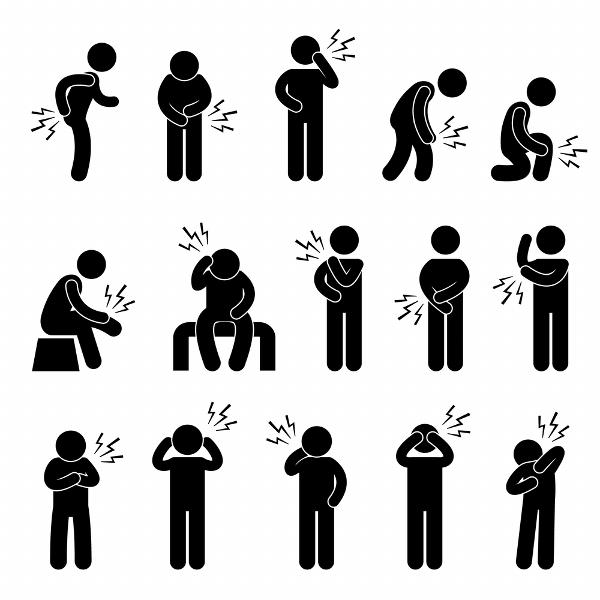Monument Physical Therapy - Gering
Monument Physical Therapy is a therapist-owned practice specializing in delivering individualized care for patients of all ages. We have been serving the Scottsbluff/Gering valley since November of 2009. We are excited to offer rehabilitation services including orthopedics, post-operative care, stroke rehabilitation, vestibular rehabilitation, women's health, pediatrics, work hardening, functional capacity evaluations, and aquatics.
We provide treatments such as biofeedback, dry needling, Graston technique, cupping therapy, blood flow restriction, and kinesio taping to offer our patients the latest and most advanced procedures in manual therapy available for faster and better results. Monument Physical Therapy's staff provides treatment for athletes before and after games to keep them at the top of their game.
Our goal is to provide the most complete care for each individual patient. To learn more call or stop by and see how we can serve you.
Location Details
Hours: Mon - Thurs: 7AM - 6PM, Fri: 7AM - 5PM
Fax: 308-633-5365
Services Offered
- Arthritis Pain
- Back Pain
- Back School Presentations
- Balance and Vestibular Rehab
- Biofeedback
- Biomechanical Gait Analysis
- Body Mechanics Training
- Chronic Pain
- Cupping Therapy
- Custom Foot Orthotics
- Custom Splinting
- Cupping Therapy
- Ergonomic & Worksite Evaluations
- Fine Motor Dexterity
- Functional Capacity Evaluation
- Graston Techniques
- Hand Therapy
- Headache
- ImPACT Concussion Testing
- Kinesio taping
- Modalities
- Myofacial Techniques
- Neck Pain
- Neurological Services
- OCS, Orthopedic Clinical Specialist
- Orthotic Fabrication
- Orthopedic Service
- Pediatric Therapy
- Pool Therapy
- Post Cancer Treatment
- Pregnancy & Postpartum Treatment
- Pre/Post Surgical Rehab
- Pre-Employment Screening
- Return to Work Screening
- Return to Sport Exercise Program
- Running Injuries
- Self-Care Skills
- SFMA - Selective Functional Movement Assessment
- Spine Care
- Sports Medicine
- Sportsmetrics
- Stroke Rehabilitation
- Tendonitis
- TMJ
- Torticollis
- Trigger Point Dry Needling
- Vestibular Rehabilitation
- Women's Health
- Work Hardening / Conditioning
- Work Injuries
- Worksaver Certified Work Physicals
- Wound Care
- Pelvic Rehabilitation
Latest News & Info
How to avoid injury during bad weather - from your Wyoming/Nebraska physical therapist
November 25, 2019
The most common types of winter injuries include falling (on ice or snow), strain from snow shoveling, and ultimately injury during exercise while it’s cold out. However, there are a few things you can do to help avoid these common types of injuries. Let’s talk about falling first - the following won’t completely prevent you from falling and getting injured..but it’s a good start.Â
- Wear proper footwear, with proper traction
- Slow down - there is no need to rush
- Keep strides short, longer strides increase risk of fall
- Don’t rush outside when completing chores - once again there is no rush
- Never go outside without your cell phoneÂ
It’s important to pay attention to how your body is feeling after the fall. You might not feel the fall immediately, but if you’ve taken a particularly hard fall we recommend you go see a doctor right away just in case. Falls can be extremely dangerous - tread lightly.Â
Do you snow shovel regularly? Snow shoveling can cause injury, such as falling (as previously talked about) or even muscle strain. Here is how you can prevent uncomfortable and ultimately painful muscle strains:Â
- Take it slow and easy - trying to do too much too quickly can result in injury
- Make sure you are wearing proper gear so you don’t slip and fall while shoveling snow
- Stretch. This sounds odd, but be sure to stretch before going out to shovel snow.Â
In terms of preventing injury from outside physical activity - this will just require you to be careful. Accidents happen, but how you respond to them will ultimately determine how you heal. If you are experiencing body aches and pains, also be sure to reach out to your primary care physician or our team. At North Platte Physical Therapy, we are here to help meet your needs. We serve the communities of Wyoming and Nebraska with 22 clinics offering a full range of physical therapy services. Contact us today for more information.
Â
What does back pain really mean?
November 20, 2019
Discs (the soft tissue between your spinal joints): Sometimes back pain case me some issues with your spinal discs. This can manifest in the form of:Â
- Herniated/slipped: Means the discs have moved in some way - such as come out. Herniated discs will cause additional pain, as they can affect your nerves as well.Â
- Bulging: Bulging discs bulge similar to a herniated disc, but often times not as much.
- Degenerative: This means the discs have begun to degenerate - so they might be shrinking or tearing. This often times happens with older age.
Additional issues that might be causing you back pain include:Â
- Cervical radiculopathy: Pinched nerve - may be caused by a herniated disc or bone spur.Â
- Spinal stenosis: Your spinal canal has narrowed.
- Spondylolisthesis: One of the bones in the lower spine has slipped forward and out of place.
There are many more issues that can cause prolonged back pain, but those are just a few of the most common. It’s extremely important that you do not self-diagnose a back pain cause, and that you see a primary care doctor or physical therapist. Be sure to contact us or your primary care physician for assistance. If you are experiencing body aches and pains, also be sure to reach out to your primary care physician or our team. At North Platte Physical Therapy, we are here to help meet your needs. We serve the communities of Wyoming and Nebraska with 22 clinics offering a full range of physical therapy services. Contact us today for more information.
Â
How Wyoming/Nebraska physical therapy can help back pain
November 13, 2019
The first thing you should know is that there are a few different types of physical therapy and all have their uses. Make sure you take time to understand each, and speak with your primary care physician as to what might be best for you. The first type of physical therapy is “passive†physical therapy. Passive physical therapy is something that is done to your body, versus your body exerting effort. When you think of “RICE†(rest, ice, compression, and elevation) this is a form of passive physical therapy. Other types of passive physical therapy includes TENS units, and iontophoresis.
Let’s do a quick definition check:Â
TENS units: Electrical stimulation
Iontophoresis: Delivering steroids to the body through skin
The next type of physical therapy is “active†physical therapy - or physical therapy that involves your body exerting effort. This includes stretching, active exercises, and other movements that your physical therapist has assigned to you. Active physical therapy most commonly would be used when your body needs to be rehabilitated due to an injury versus when your body needs rest. When it comes to active physical therapy make sure you stay in contact with your primary care physician and physical therapist to avoid hurting yourself even further.Â
Now, why is physical therapy helpful? Physical therapy is your key to strengthening your muscles - slowly, effectively, and safely. A typical healthy adult (with no injuries) doesn’t need physical therapy to help strengthen their muscles - but injuries is what can cause the problem When you are battling injuries, you’ll need to be careful to avoid causing further serious issues or strains - which is where physical therapy can assist.
It’s always worth speaking to your primary care physician if you think that you might need physical therapy...but it’s also worth talking to your primary care physician or physical therapist if you think you’d like to stop physical therapy. Participation in physical therapy can help you safely rehabilitate from an injury without risk of further injury. Remember...further injuries can make it even harder to recover.
If you are experiencing long-lasting back pain, be sure to reach out to your primary care physician or our team. Â At North Platte Physical Therapy, we are here to help meet your needs. We serve the communities of Wyoming and Nebraska with 22 clinics offering a full range of physical therapy services. Contact us today for more information.
Â
Why aching pain can be a sign of something more serious, from your Wyoming physical therapist
November 5, 2019
As you start to wonder if it can be a sign of something more serious, you should ask yourself the following questions:Â
- How long has the pain been going on?
- Is there anything that makes the pain worse? Perhaps a movement or when you sit/lay down a certain way.
- Do you have pain when walking?Â
- Is the pain associated with numbness or weakness?Â
- Are you having any trouble with walking?Â
These are all questions that your doctor is likely to ask you, and it could be indicative of something more serious. As you start to answer these questions yourself, make sure you are mindful of the answer so you can discuss with your primary care physician. Here are the true signs you should begin to look out for, and when you should certainly seek medical attention:Â
Sudden onset of pain: If you have sudden onset of pain whether that be in the back or neck, you should definitely seek medical attention. Particularly if this pain wakes you up at night, or is something that happens consistently.Â
Numbness: Are you having bouts of numbness? This could signal issues with your nerves - make sure to call your doctor sooner rather than later to avoid more permanent and more serious damage.
Fever: Fevers are indication of infections, and infections can get serious if left untreated.Â
Constant pain: Besides the fact that constant pain can be an annoyance, it can also affect your daily life and get worse over time.
Traumatic injury: If you’ve experienced a traumatic injury such as a bad fall, car accident, etc., it’s important to get treatment right after the event. If you’ve delayed this and are experiencing pain after the fact...get in to a doctor immediately.
If you are experiencing long-lasting  pain, be sure to reach out to your primary care physician or our team.  At North Platte Physical Therapy, we are here to help meet your needs. We serve the communities of Wyoming and Nebraska with 22 clinics offering a full range of physical therapy services. Contact us today for more information.
Â
Back pains and how to handle them, from your Wyoming/Nebraska physical therapist
October 29, 2019
Symptoms
Let’s start with the basics. Are you experiencing any of the following symptoms? All of these are indicative of a back pain, or something deeper, but it’s important to note that these do not represent all symptoms you might be experiencing. Think of this as the starting point.
- Pain that shoots down your leg
- Muscle aches
- Shooting/stabbing pain in any part of your back
- Pain that increases with any physical labor/strain on your back
- Pain that improves when you lay down
Most lower back pain results from an injury. However, there are some underlying causes that could be responsible for lower back pain, including:Â
- Cancer
- Sciatica
- Arthritis
- Kidney infections
- Ruptured/herniated discs
- Infection
If you are experiencing long-lasting back pain, be sure to reach our to your primary care physician or our team. Â At North Platte Physical Therapy, we are here to help meet your needs. We serve the communities of Wyoming and Nebraska with 22 clinics offering a full range of physical therapy services. Contact us today for more information.
Â
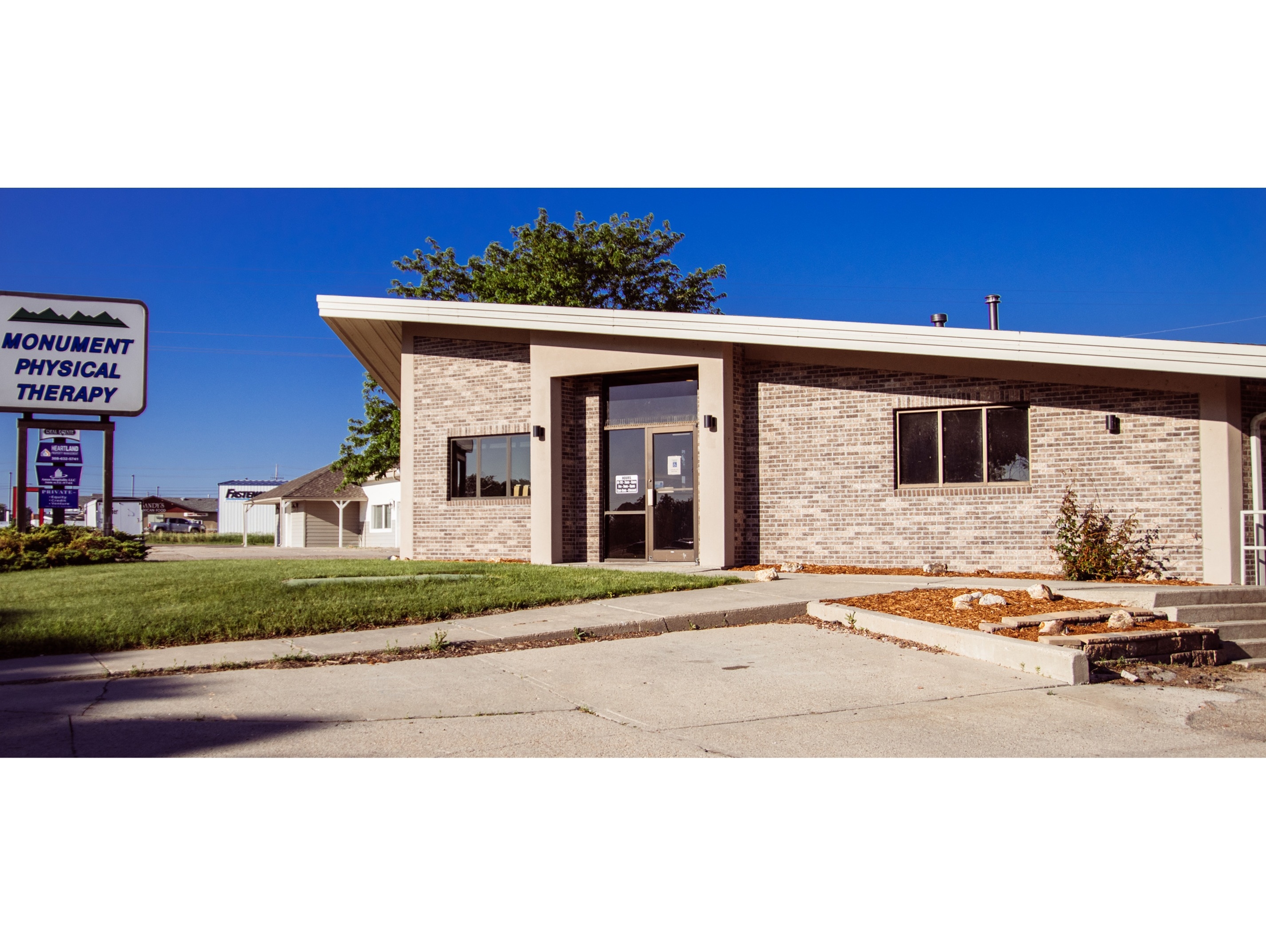
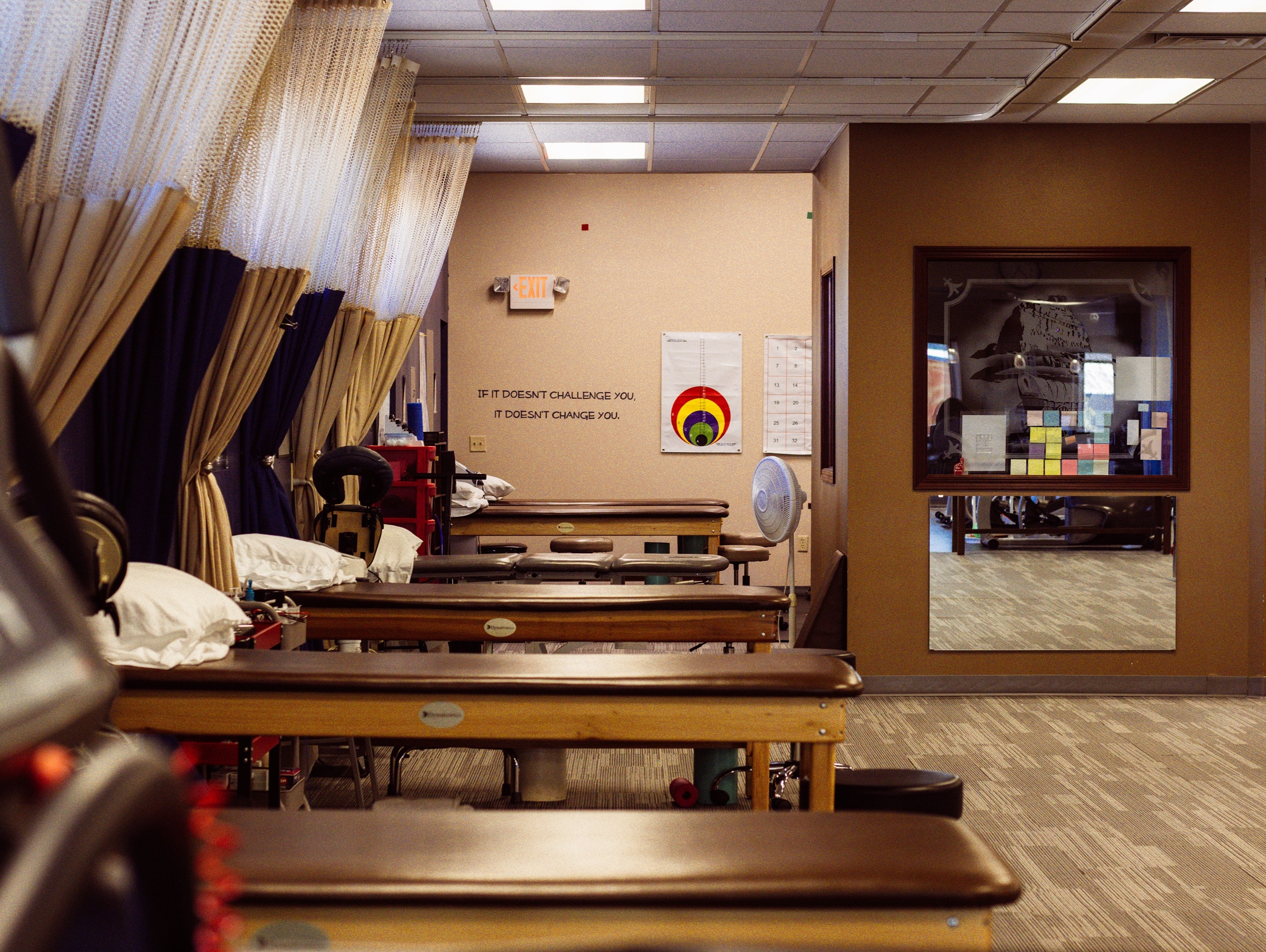
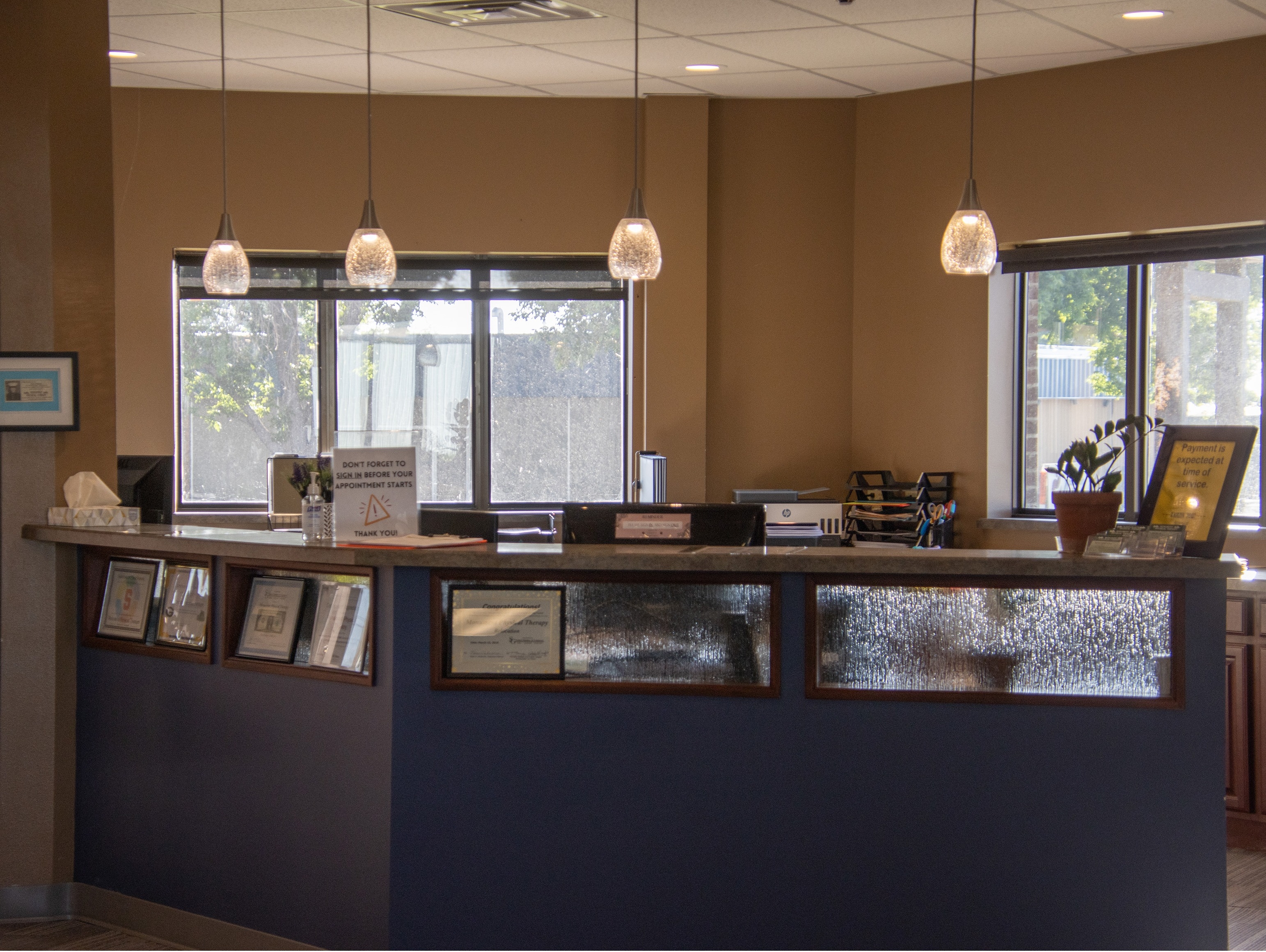
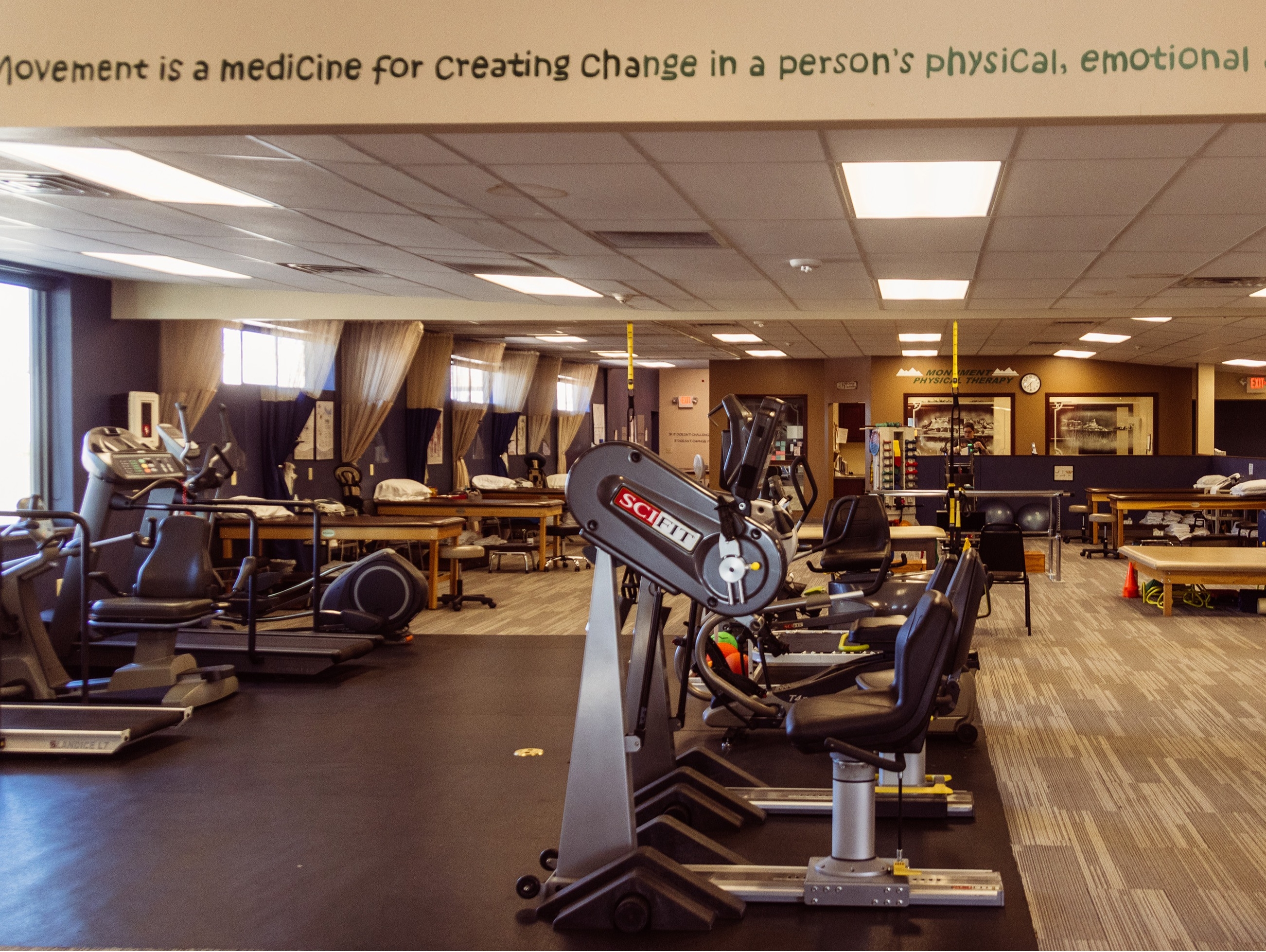
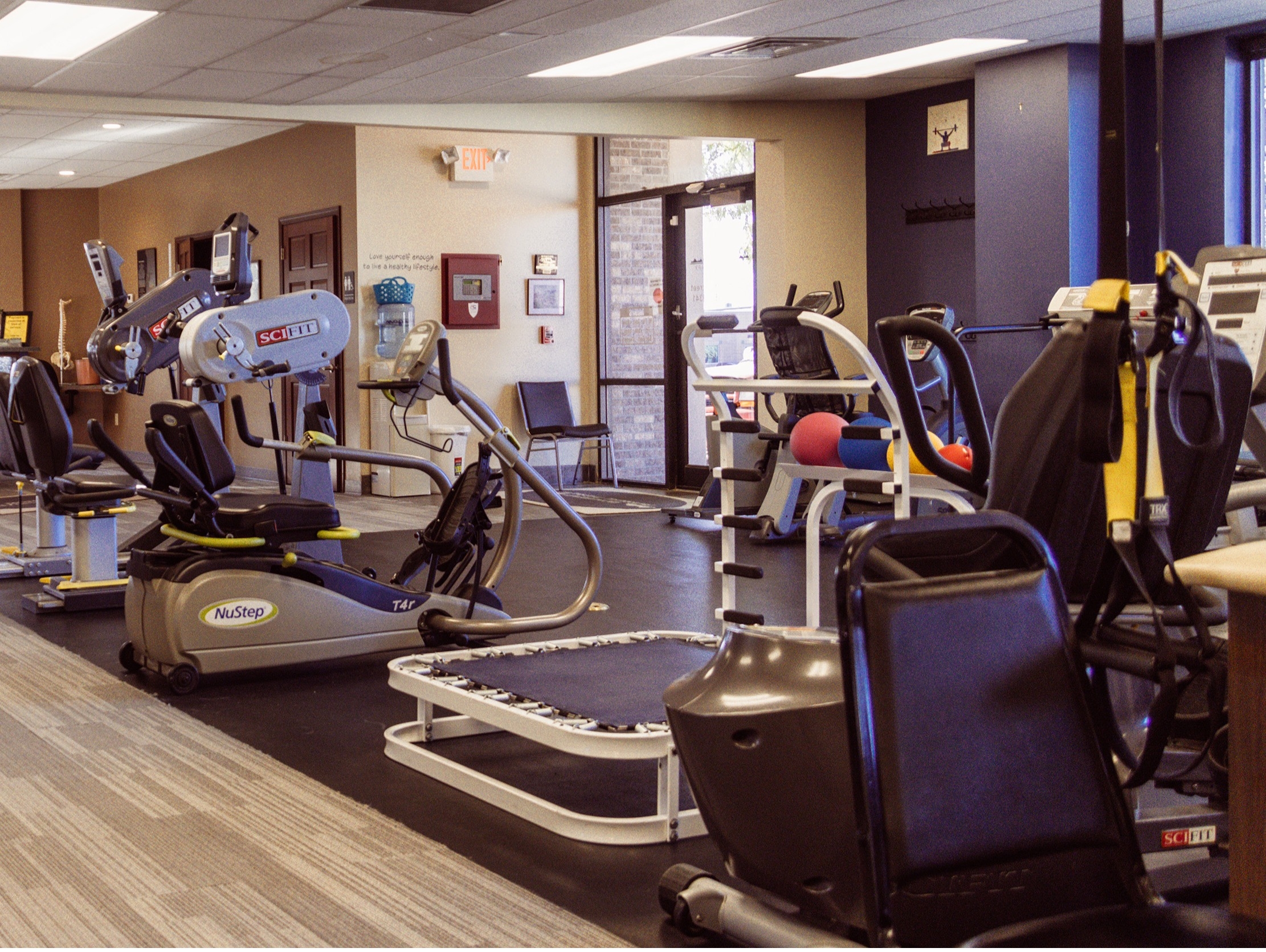
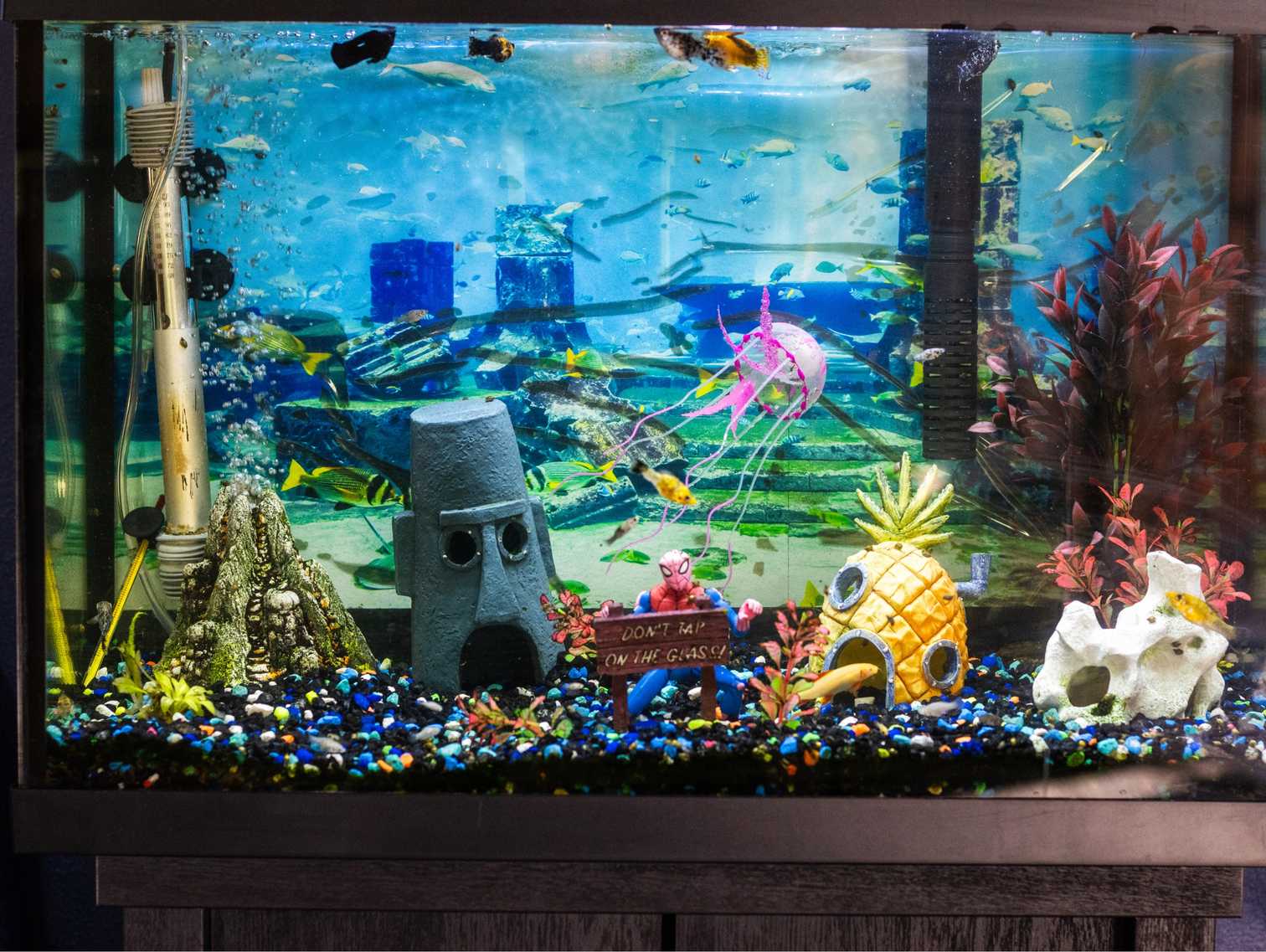
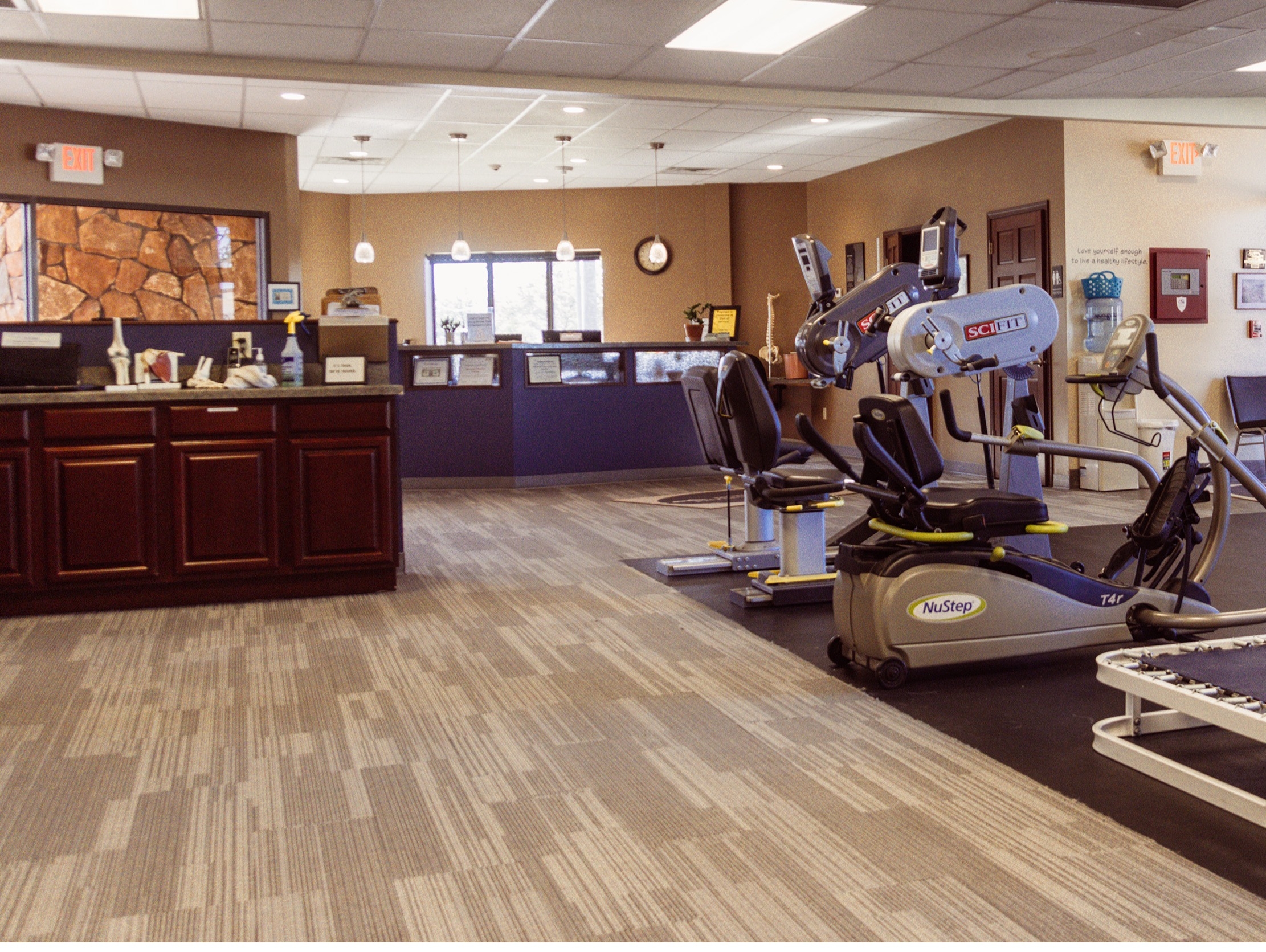
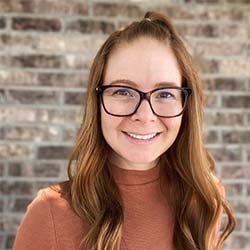
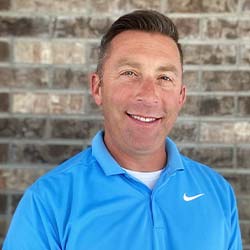



.jpg)
